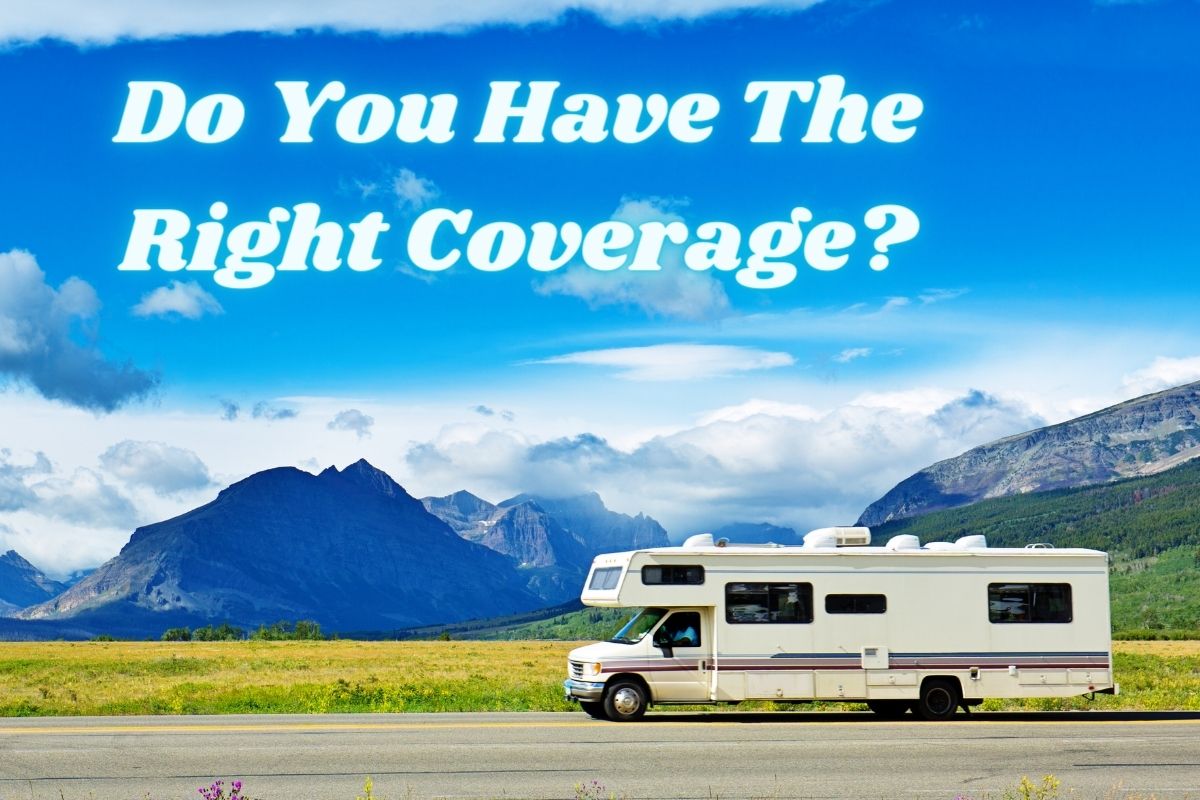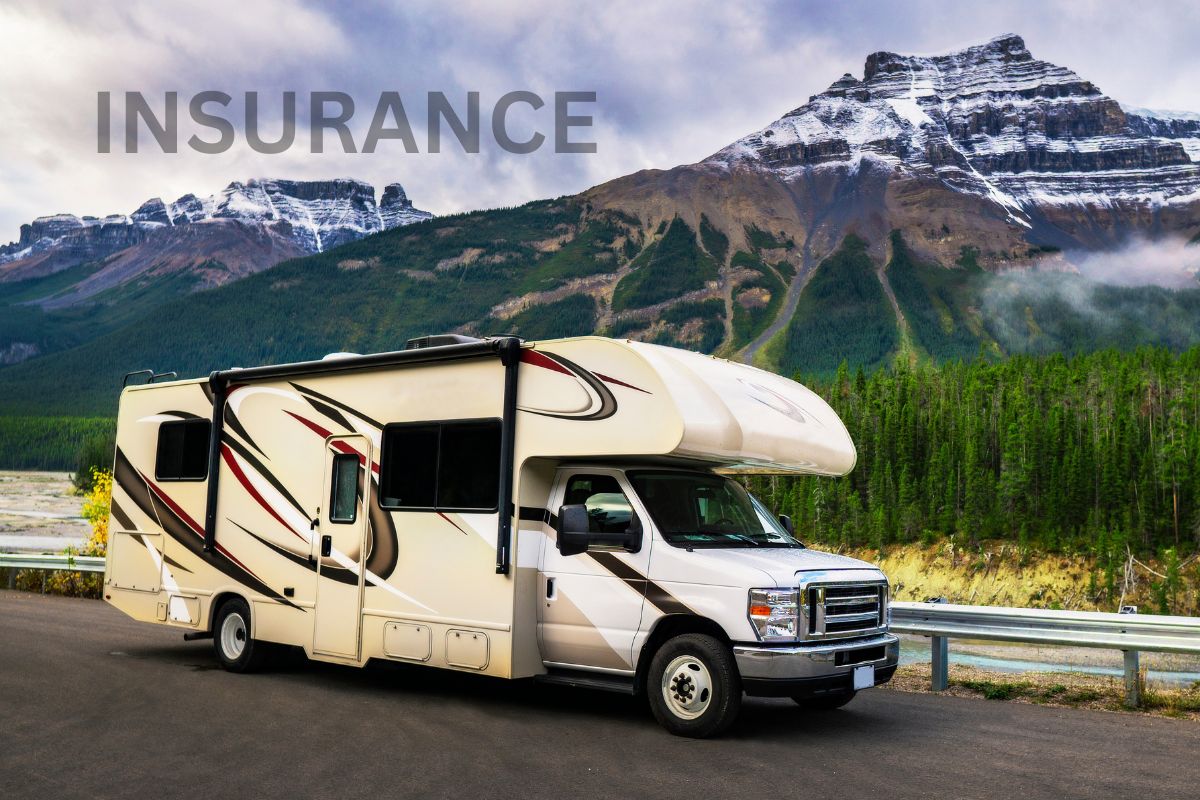Whether you have a travel trailer or motorhome, being properly covered is key
Many recreational vehicle owners are getting revved up for some time on the road this summer, and as a part of this effort, it is important to make sure that RV insurance is a step that isn’t skipped.
It’s not just a matter of having any coverage at all
Whether you have a motorhome, trailer, camper, or have another name for your recreational vehicle, coverage is extremely important to ensuring that you are financially protected if it experiences unexpected damage, or if it is the cause of harm or damage.

The type of RV insurance a specific vehicle needs depends on its type. Motorhomes – that is, recreational vehicles able to drive independently of another vehicle (often known as Class A, B, or C motorhomes), will usually need their own policy.
That said, a trailer-style recreational vehicle, that is, one that must be towed by another vehicle, could potentially be covered by part of the auto insurance policy of the towing vehicle. Most specifically, this coverage will be provided through the liability portion of the auto policy. That said, this will usually require consumers to contact their auto insurers to ensure that the additional coverage is adequate.
Still, even with auto coverage, an additional RV insurance policy can be helpful
The specific required amount a driver must have depends on the state in which they are travelling. Therefore, beyond understanding an individual’s preferred minimum amount of coverage, it is also important to know what is required within their home state and any other location through which they intend to drive.
The majority of states will require that motorhomes and trailers at least have liability coverage. That said, it’s important to keep in mind that liability only covers damage to the property of others or injury caused to others by the recreational vehicle. Therefore, many people prefer to also include comprehensive and collision coverage in their policies. These types of coverage could help to provide payments for repairs or replacements of a recreational vehicle if it is damaged or stolen. These types of RV insurance coverage may be a requirement if there is a loan on the vehicle.


